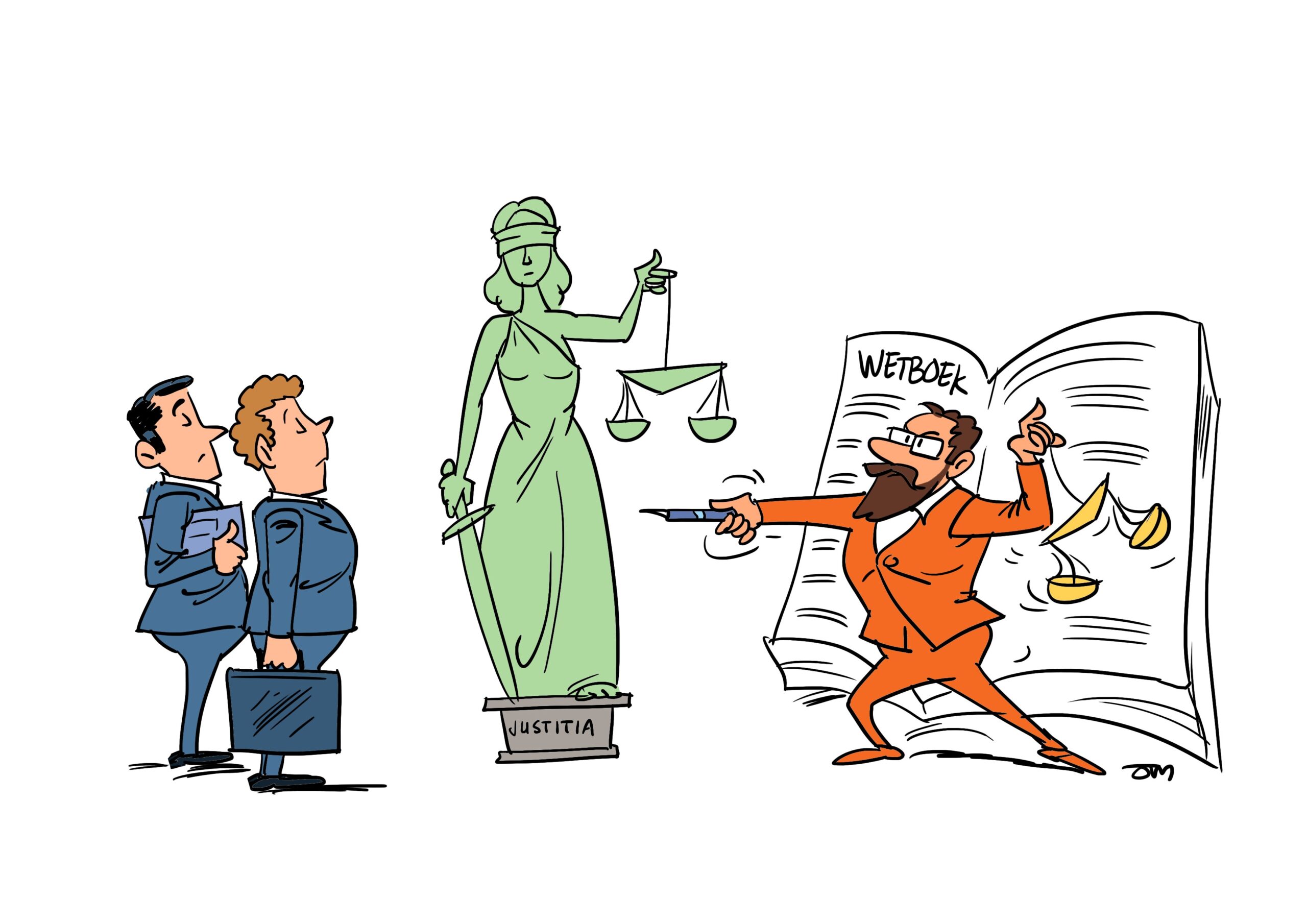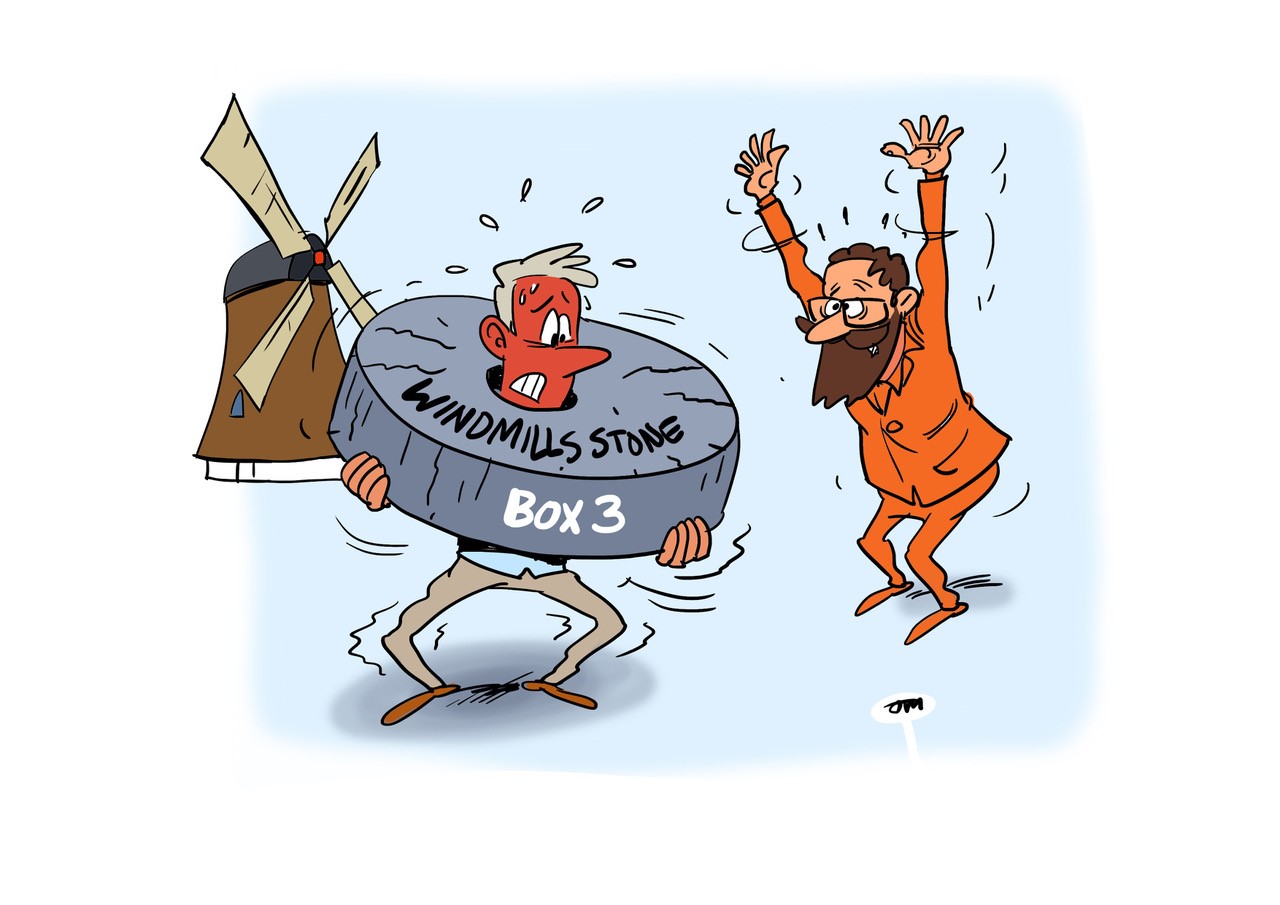Termination mortgage deduction is most likely going to be effective in or after the year 2023. Would it be wise to claim after 2023 interest payments now already via a penalty?
Termination mortgage deduction
In 2011 the European Union instructed the Netherlands to stop with the mortgage deduction. Since 2012 the maximum income tax rate against which you can deduct the mortgage interest dropped from 52% to 43% in 2021. This drop continues to 38% in 2023 and the educated tax persons have stated that this is the moment to move the home from Box 1 (tax deduction) to Box 3 (wealth tax).
Our prime minister is not part of this discussion, being a politician, he wants to be re-elected. But Klaas Knot, Dutch central bank manager, who was appointed not elected, can advocate for the house to be moved to Box 3. Right now the International Monetary Funds and the European Union are also both pushing actively to get the mortgage deduction terminated.
Could a penalty solve lack of future mortgage deduction?
In the event you have a mortgage closed in earlier years at a higher interest rate than currently applies, you could think you pay too much interest. You can ask the bank to reduce your rate or you could switch to another mortgage provider to get a lower tax rate.
Your current bank will let you go, but not after you paid a penalty. The penalty is the equivalent of the future interest payments for the remaining period of time of this interest fixed contract. The penalty is probably reduced by the current market interest.
Example
You pay 2,3% interest over EUR 900.000 mortgage loan. You took that out 3 years ago, and fixed the interest for a 10 year period. Now the interest rate is 1,2%, hence you want to switch to the lower interest percentage.
The bank will ask you to pay 2,3% minus 1,2% is EUR 1,1% over EUR 900.000 for the remaining period of time. That is the penalty. Mind you, we are tax advisors, not mortgage loan advisors, so we might have misunderstood some of the penalty. Please check with your bank before you do anything.
I believe I can hear Henk Jansen laugh at my example now already. Please if you want to get a proper mortgage advise, visit ExpatMortgages.

Paying up front mortgage interest?
The example we explained above shows that switching to a lower interest percentage makes you pay a penalty. The penalty is in fact the future mortgage interest you agreed upon paying to the mortgage provider. By changing the deal, you have to pay what you agreed upon.
Does the switch create an advantage to you? Maybe no. Yes you pay now for a new fixed period a lower interest percentage. No, you paid by means of a penalty now already the balance of the interest rate for the remaining period.
What is the difference?
The difference is, a penalty paid to the bank is tax deductible. In my example the person pays 1,1% penalty over EUR 900.000 for the remaining 7 years of the contract. That is 2022-2028. Paid in 2022 and deducted in 2022. If the interest change is not made, no penalty is paid. The mortgage payment in 2022 could be the last deduction possibility.
Starting from 2023 the mortgage interest deduction might already have been abandoned. A penalty payment not only gained you a lower interest also more tax credits. A note must be made with respect to the WOZ value that corrects the deduction with 0,6%. Should the WOZ value be substantially higher than the mortgage loan, you might already have no more mortgage deduction.
Tax is exciting
We think tax is exciting. Henk Jansen thinks mortgages are exciting. Clearly Henk knows much more about mortgages than we will ever know. So please first connect to your mortgage provider, or if you have none, to ExpatMortgages to check if the above is good for you. If it is, we are pleased to assist you with the income tax return for EUR 390 incl VAT incl tax partner (2021-2022 price) claiming the penalty as deduction.




